The BA Photography Studios for Semester 1, 2023 are described below. These are the options for the second and third year students offered under the following course codes:
Photography Studio 2 VART 3595 (2nd year)
Photography Studio 4 VART 3598 (3rd year)
Please find link to the course guide VART3595 or VART3598.
Please read them carefully and decide upon your first, second and third preferences.
IMPORTANT – You must enter three different preferences. Every effort will be made to place you in your first or second preference. Allocations are made on the basis of space available and group balance, with the higher year level being given priority (i.e it is not 'first come, first served').
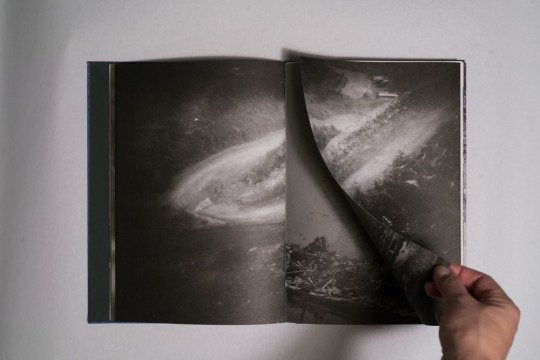
Mayumi Suzuki’s photobook ‘The Restoration Will’, 2017
The Photobook: Object & Narrative
I never thought that a photobook was a way to ‘change conflict’, but gathering work into book form, gives a bicultural and ongoing opportunity for deepening reflection, more than what a magazine might do to expose a situation or the online immediacy we now have to focus attention. Susan Meiselas¹
How does the photobook object change the way we engage with narrative?
From documentary projects and archival explorations to fashion portfolios, the photobook is a portable object that can allow you to creatively develop your voice within the photographic medium. To effectively communicate through a photobook requires an understanding of visual language, sequencing and design. This course will develop your understanding of the history of the photobook as medium as well as the possibilities it offers as an independent creative form. Guest presentations from professionals in the field will enable us to participate in contemporary discourses around the photobook and establish a greater awareness of current trends in the industry.
You will create your own body of work that relates to a theme of your choice and work through shooting, selection, printing, and binding to produce a self-published book. Lectures and discussions will introduce you to relevant approaches and theories within the field, and workshops will be designed to establish new skills in design, critique and publication. We will explore how materiality effects the image and narrative as well as consider how text elevates understanding of a concept through research, practice and reflection. Students will acquire analytical skills as well as hands-on knowledge about editing programs, basic printing, and binding skills.
Aims:
- Develop an understanding of the materiality and publishing possibilities of the photobook.
- Engage in critical, analytic and creative approaches to text, image and materiality.
- Produce a body of work in photobook form, which demonstrates a critical understanding of the process and communicates to a particular audience.
Further Information:
1. Susan Meiselas, ‘Magnum Photographer Susan Meiselas Talks About the Importance of Photobooks’ in The Phoblographer <https://www.thephoblographer.com/2017/06/15/magnum-photographer-susan-meiselas-talks-importance-photo-books/>
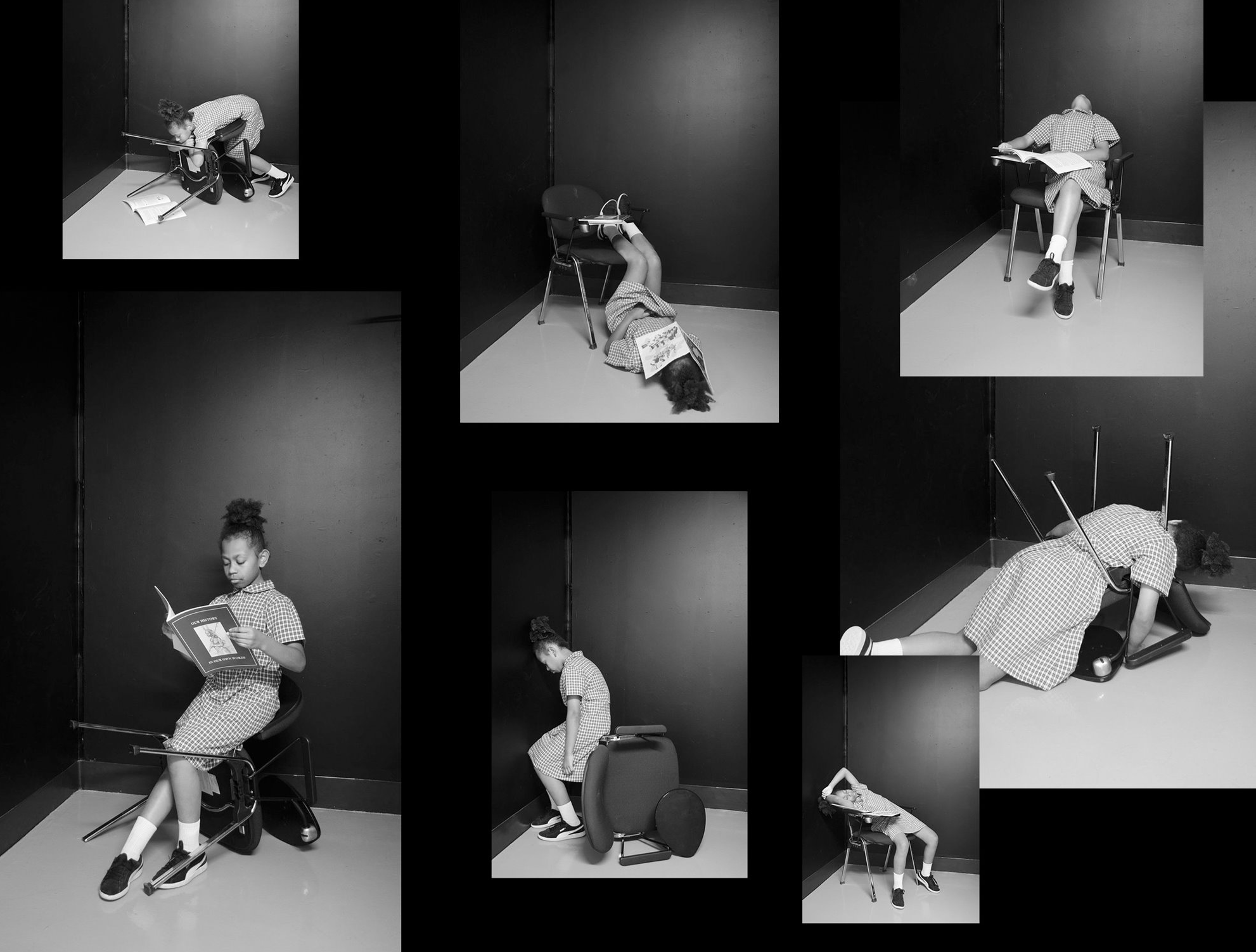
Torika Bolatagici, Seeking Comfort in an Uncomfortable Chair (after Munari), 2019.
Remake and Appropriate: Photography and the Archive
How do methods of appropriation, homage and pastiche provide the transformative potential for offering up new and radical counternarratives?
Public archives traditionally function to hold and uphold the collective memory, history and ideology of the dominant culture in any given context. We will begin the Semester by unpacking how public and private image archives and institutional collections inform the ways in which historical narratives are framed as an expression of cultural power dynamics.
Throughout this Studio you will engage with the work of contemporary photographers who employ methods of pastiche, homage, montage and appropriation to challenge and contend with matters of identity, nationhood and power at the intersections of gender, race, sexuality, disability, class and religion. We will also look at the socio-political and ethical implications of drawing on personal and public archives and what it means to reposition vernacular images in new contexts.
Learning activities will include image-based lectures, practice-based workshops, readings and discussions, critiques, and gallery/collection visits offsite. Creative outcomes include the research and development of a body of work that draws on your thinking and understanding of reusing, remaking and recontextualising existing artworks or archival images to elicit possibilities for new meanings and new narratives.
Aims:
- Develop an understanding of the discourse around the role of the archive in contemporary photographic practices.
- Develop technical skills and knowledge of how to access public image collections and associated protocols around copyright and usage.
- Develop technical, conceptual, and aesthetic skills related to image reproduction, reconstruction and/or montage.
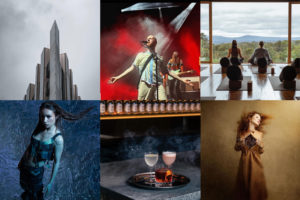
@emshortphoto
@r1.media_
@rjb_photographs
@kualla_alla
@marianiunsupervised
The Working Photographer
How does a photographer work collaboratively and professionally to produce images and campaigns that are considered and responsive?
The Working Photographer Studio will function along the lines of a professional commercial photographic studio, serving as an umbrella under which students work collectively and individually to learn, build and further develop their skills as thinkers, creative photographers and entrepreneurs. Our Studio will be a creative hub of investigation and research into different modes or working with and for clients; we will gain insight into how a commission-based practice works. This is a studio where ideas, imagination and collaboration will drive your practice.
In this Studio, students will learn from working photographers and work with clients across a range of fields such as fashion, advertising, architecture, food and editorial areas to produce new work that addresses their requirements. Students will also gain strategic marketing, PR and critical thinking skills equipping them with the ability to create powerful, innovative and refined image-based solutions to meet the needs of the communication design industry, advertising and other clients.
Aims:
- Develop and strengthen photographic skills to create visual interpretations and responses.
- Produce considered and responsive work that is the product of communication with clients, research, planning, innovation and collaboration.
- Engage in interdisciplinary teamwork, communication, collaboration, project management and creative problem solving through client interaction.
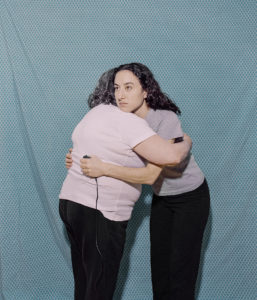
Meg De Young, from the series The Conversations We Have
Social Documentary
What is the role of social documentary in the 21st Century?
This Studio is a critical inquiry into the different ways that photographers and artists work with the ‘facts of the world’. The postmodern critique of photojournalism and documentary photography highlighted debates around ethics, power, privilege, and representation that enabled new conceptual, aesthetic, and ethical directions for documentary practice. A focus on power structures and systems rather than individual victims; research-based approaches to documentary rather than ‘parachute journalism’; expanded and transmedia approaches to storytelling; and reflexive approaches to (self) representation represent some of these shifts.
In this Studio you will produce a semester-long project about an issue of social significance while engaging with critical debates about documentary ethics and representation. You will be introduced to approaches that will challenge you aesthetically, conceptually, and technically. You will explore trans-media approaches to storytelling (e.g photography, moving image, sound, data) through workshops led by contemporary practitioners. Weekly readings and lectures will introduce critical debates and stimulate ethical questions. This Studio will suit students interested in documentary, social practices, photojournalism, and political art.
Studio and learning aims:
- Develop a rigorous semester-long documentary project.
- Develop an ethical framework through which to practice.
- Demonstrate an applied critical understanding of the ethical issues related to documentary practices.
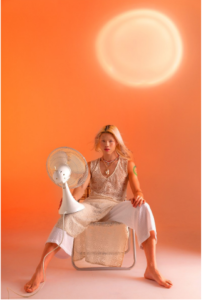
Photographer: Grace Allen - Instagram: @graceallen.photography Website: graceallen.com.au
Stylist: Kitty Le - Instagram @kittyle_stylist
Model: Ye Marvin - Instagram @pilimarvinliangzai
Hair and Makeup: Franchesca Starrson - Instagram @iamfrankiestarrson
Styling Assistants: @samastyling @parfaite.style @jimmyscloset
Mode: Challenging Fashion
How might fashion photographers more critically engage with the broader ethical questions facing the fashion industry?
Design, sustainability, power, subversion, gender, body, technology, publishing, marketing, extended realities are all issues that question, provoke and newly negotiate the fashion industry. These recent conversations around ‘fashion’ have been challenging and have invigorated the traditional paradigm with many new possibilities.
Although photography is integral to the fashion industry the images we see rarely challenge. What if fashion photographers, armed with in-depth understanding of the market and industry practices, re-calibrated and re-formed their intention to present ‘fashion’ images that acknowledge the transformative power that the photograph offers?
In this Studio, you will work with and learn from industry professionals, fashion designers, and styling students to explore these ideas. Through demonstrations and workshops, you will learn both technical and professional techniques and strategies relevant to the sector.
Studio and learning aims:
- To interrogate fashion photography through the questioning of current practice, through an engagement with the industry.
- Develop a body of work that addresses fashion photography as a contemporary practice, taking into consideration the complex questions that surround the fashion industry.